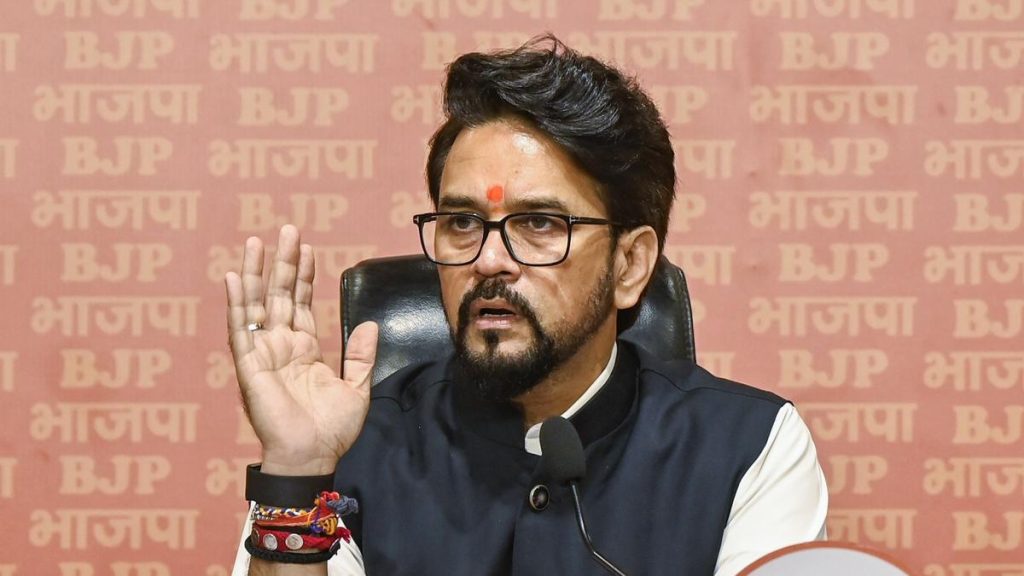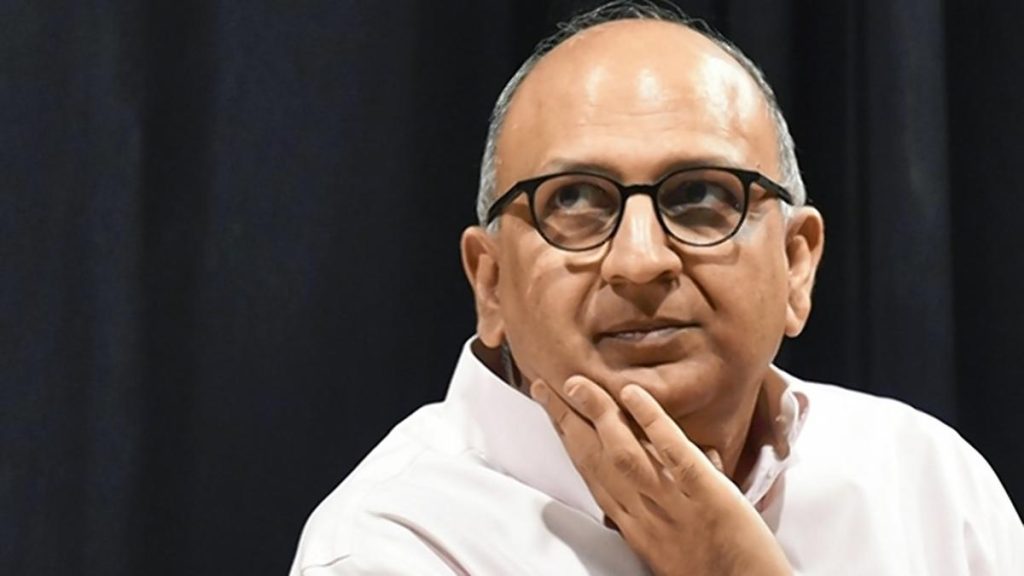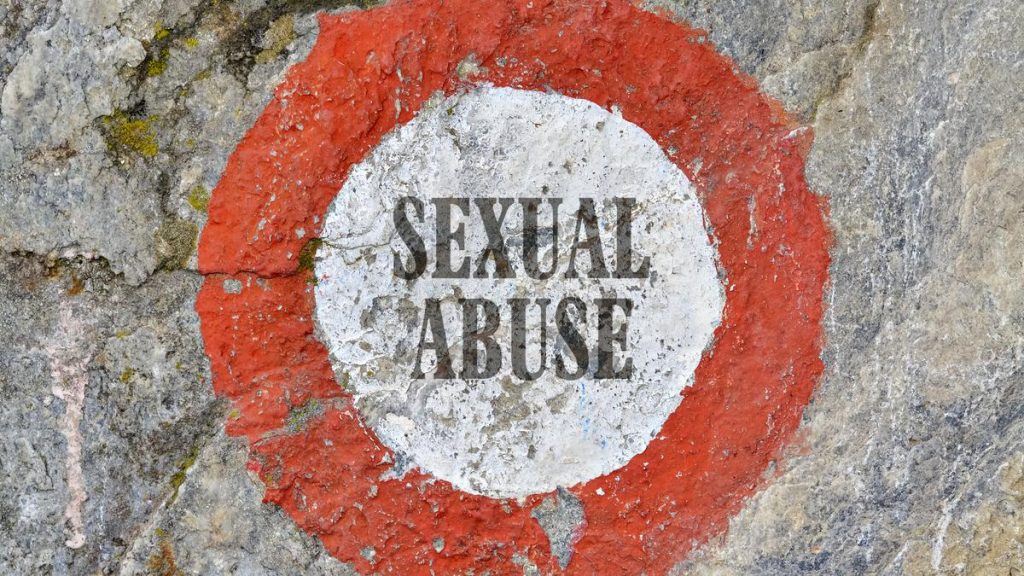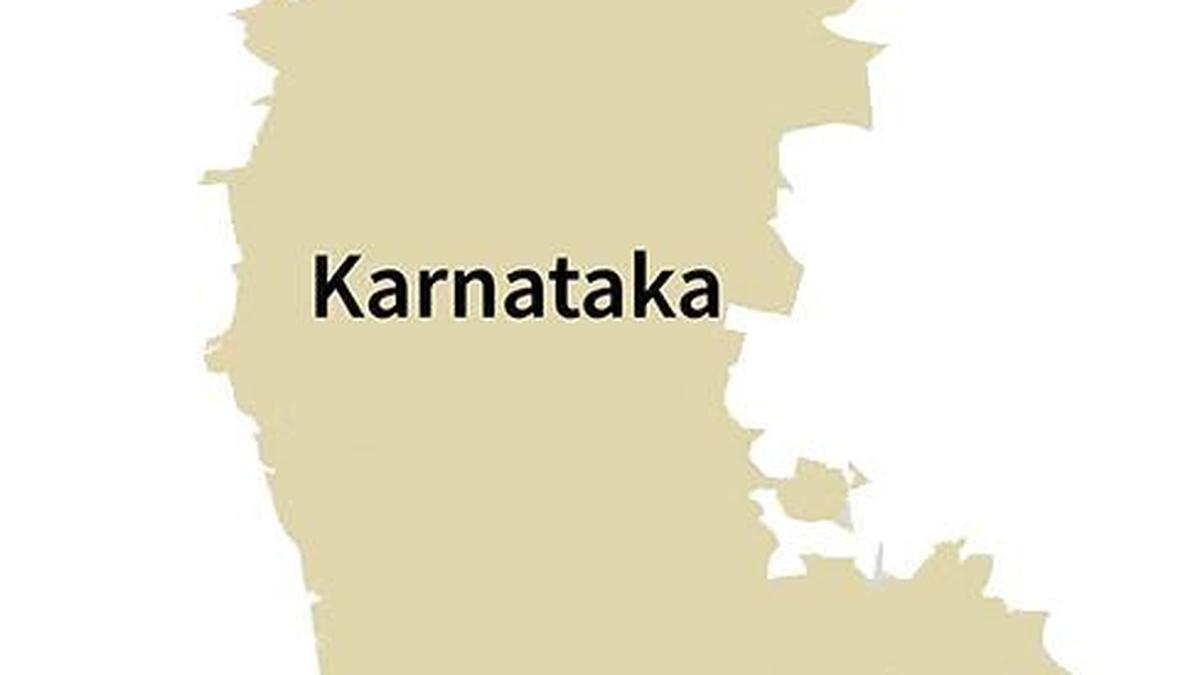Now Reading: Maharashtra’s Revised Security Bill Set for Assembly Review Today
-
01
Maharashtra’s Revised Security Bill Set for Assembly Review Today
Maharashtra’s Revised Security Bill Set for Assembly Review Today
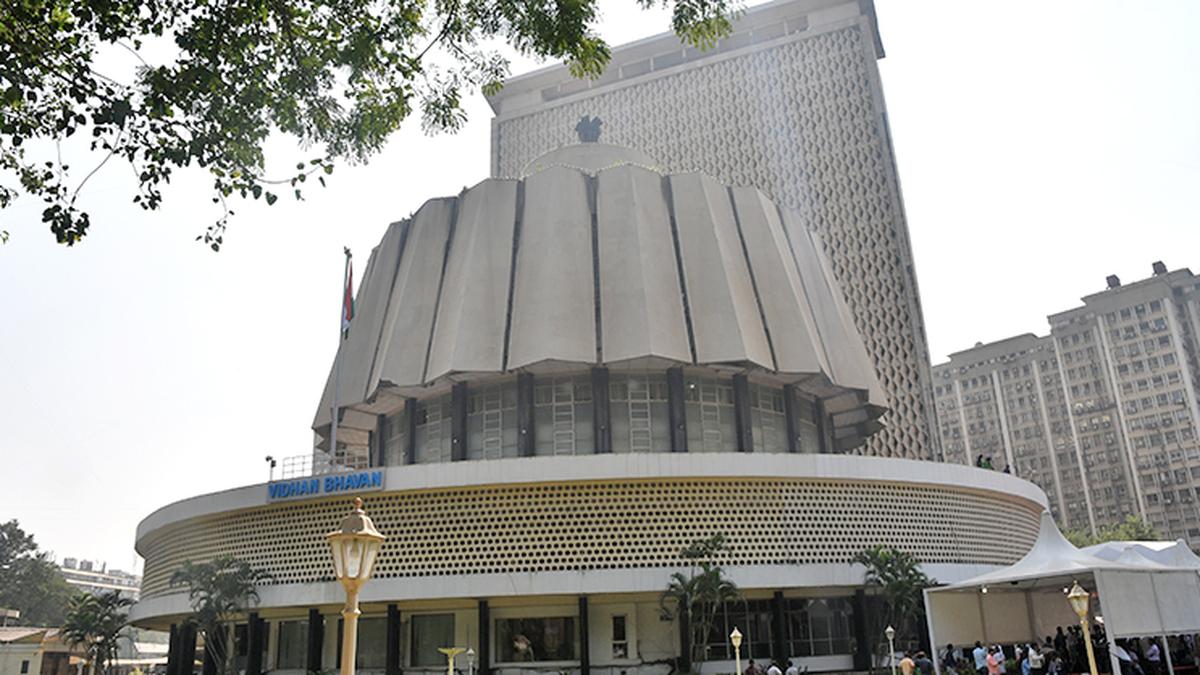
Quick Summary:
- Maharashtra government proposes a revised draft of the Maharashtra Special Public Security Bill, 2024 in the Assembly on Thursday.
- The Bill focuses on tackling illegal activities and direct funding of ‘left-wing extremist organisations.’
- State Revenue Minister Chandrashekar Bawankule tabled the report and highlighted changes made to improve clarity.
- The Bill was introduced during December 2024’s Winter Session and later scrutinized by a joint select committee consisting of 14 mlas and seven MLCs,including key Opposition leaders.
- The committee unanimously agreed on amendments without any dissent notes from Opposition members.
- Public input was sought, wiht the committee reviewing over 12,500 suggestions; several Opposition-backed recommendations were included.
- A senior Minister clarified that political parties, morchas (protests), or political organisations would not be affected-only entities promoting direct funding for extremist groups fall under its scope.
- It mandates investigation by officers ranked Deputy superintendent or above, with an Advisory Board led by a sitting/retired High Court Chief justice overseeing implementation to ensure checks and balances.
- Chief Minister Devendra Fadnavis reviewed the draft earlier this week.
Indian Opinion Analysis:
the introduction of this revised Special Public Security Bill marks Maharashtra’s focused stance against left-wing extremism while aiming for balanced oversight mechanisms such as an Advisory Board. By excluding broad categories like general protests or political movements from its ambit, it seeks to skirt concerns over misuse against legitimate dissent.
The unanimous agreement among both ruling party members and opposition leaders reflects considerable consensus-building-an encouraging sign in legislative processes relating to sensitive security matters. Though, given its broad implications for funding regulations tied to extremist activities, careful enforcement will be crucial to prevent stereotyping or penalizing unintended targets within society.
Consulting public suggestions underscores attempts at inclusivity but raises questions about effectiveness if large-scale contributions (12,500 inputs) are overly diluted in decision-making. As implemented provisions involve senior investigative officers only alongside judicial oversight structures like High Court officials heading advisory boards-the potential safeguards might reduce abuse risks.
Read more: Link


